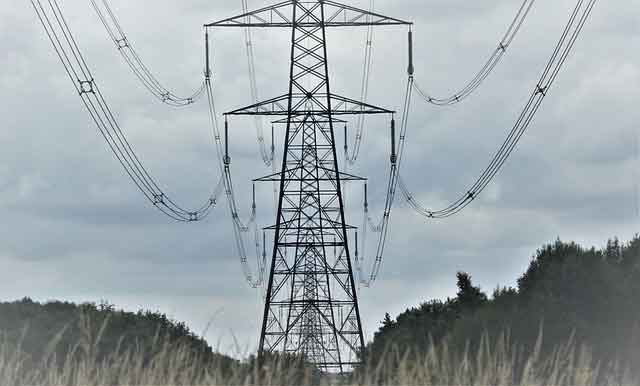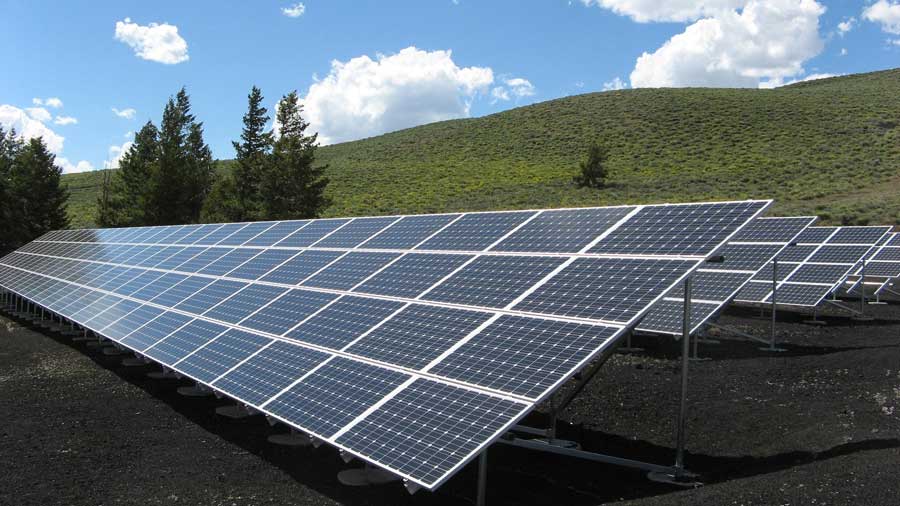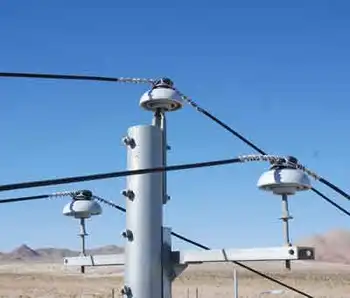Utilities seek break for failing to fulfill 'green power' quota
By Las Vegas Review-Journal
Substation Relay Protection Training
Our customized live online or in‑person group training can be delivered to your staff at your location.

- Live Online
- 12 hours Instructor-led
- Group Training Available
Nevada Power, the utility serving Southern Nevada, failed for a second consecutive year to satisfy the 2001 state law that requires it to get 5 percent of its power from renewable sources, such as wind, solar and geothermal sources.
The bill establishing the requirements allows regulators to fine utilities that don't meet the minimum levels of renewable energy usage.
While Sierra satisfied the 5 percent requirement because of existing contracts with geothermal power plant operators, neither utility satisfied the requirement that 5 percent of their total renewable supply come from solar power.
In addition, the utilities reported they did not issue a request for renewable energy proposals last year.
The state legislation requires that the utilities increase their use of renewable power gradually increase until it reaches 15 percent of their total energy use in 2013.
The utilities said they signed 17 long-term contracts for renewable energy or credits for renewable energy from new sources. Of those, the Public Utilities Commission has approved 14, one is being reviewed and two will be submitted for PUC approval, the report states.
The report includes a list that suggests the utilities will seek commission approval of a water-power project proposal from Young Bros. and Beowawe-Caithness for a geothermal project. The sites for these projects are not identified.
In addition, it notes that Your Vitamins, a vitamin manufacturer, has a pending proposal to have solar panels installed at its headquarters in Henderson.
Nevada Power and Sierra planned to meet most of their renewable power requirements by contracting with power-plant developers that would sell all of their output to the utilities.
"However, within months of having obtained commission approval of the initial contracts, several developers began to report difficulties in bringing their projects on line," the utilities said.
The utilities counted four contracts that were terminated and said delivery of power from five other projects will be delayed by one year or more.
The renewable-power shortage doesn't surprise the commission. The state regulatory body last year acknowledged it would take several years for the utilities to satisfy the renewable requirements, the report states.
Nevada Power and Sierra noted that they supported the adoption of a so-called Temporary Renewable Energy Development Program as a way to make it easier for green-power developers to get financing for their projects. The program was designed to help renewable-plant developers who complained that the utilities' junk-bond ratings made it difficult for them to find financing for their projects.
The utilities reported success with a program that offers rebates to residential customers who install solar power panels at their homes and encourages solar projects at nonresidential buildings. The report mentions a $20,000 grant for a solar installation at the Lied Animal Shelter and $2 million approved by state regulators for renewable power at Nevada Power buildings.
Mission Industries talked with Nevada Power about using renewable energy at its commercial laundry in North Las Vegas. Nevada Power discussed the possibility of building a biogas power plant at Republic Services' landfill at the Apex Industrial Park. Methane gas from landfills can be burned to create electricity.











